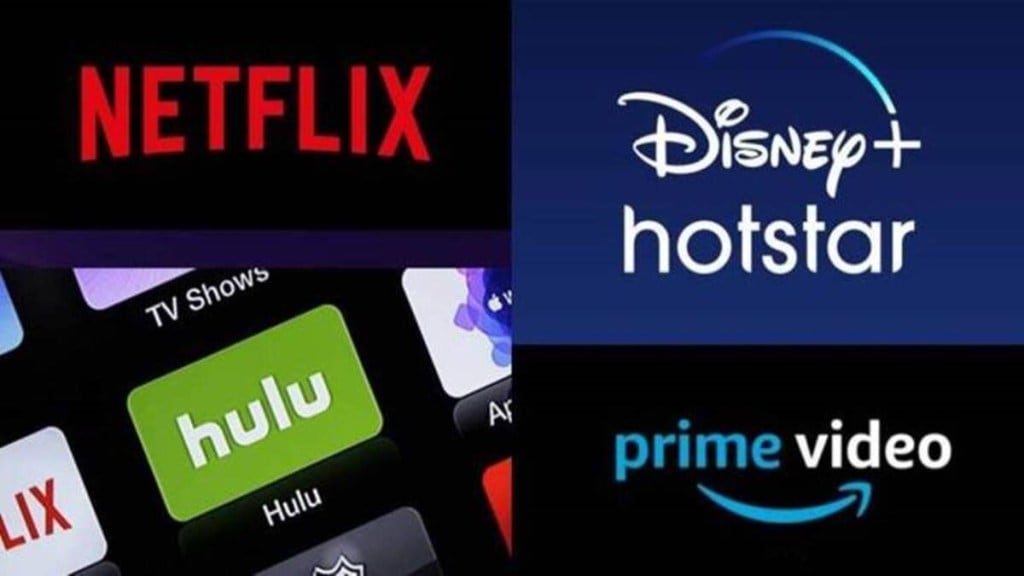Billionaire Mukesh Ambani is scripting a story that could see his oil-to-telecom conglomerate Reliance Industries (RIL) dominate India’s media and entertainment industry, like it has other sectors.
In typical RIL fashion, Ambani, say industry insiders is thinking big and acting fast, launching into negotiations with Walt Disney Company, which has put its India operations on the block.
Disney and Reliance teams are currently in advanced conversations for a proposed merger that will create an entity with a turnover of nearly Rs 29,000 crore and a combined viewership market share of 35-40% across 115 channels, two video streaming platforms and two film studios (Star Studios and Jio Studios).
This will be larger than the proposed Zee-Sony combine, which will have a turnover of Rs 15,000 crore and a combined market share of 30% across 70 channels, two video streaming platforms and two film studios (Zee Studios and Sony Pictures Films India), according to media analysts and experts tracking the market.
Disney+ Hotstar, which has nearly 38 million users, owns the rights for International Cricket Council’s matches in India until 2027, while Reliance’s JioCinema has the rights for T20 league IPL. The combine is expected to command significant heft and premium over advertisers, users and content creators if they come together wielding anti-competitive power, experts said.
Ambani’s lightning speed comes in contrast to the snail’s pace at which the proposed Zee-Sony merger has moved over the last two years owing to regulatory and legal hurdles. The merger may not even go through now if latest developments are taken into account. Sony has not agreed to a deadline extension sought by Zee, insisting the latter first present a plan of action on how it intends to complete closing conditions of the merger.
“At this stage, Sony has not agreed to a deadline extension for the proposed merger, which lapses on December 21. While this is an overhang for Zee from a stock perspective, the Zee management may keep the interest of shareholders in mind and salvage the deal,” Karan Taurani, senior vice-president, research at Mumbai-based brokerage Elara Capital, said.
Competition lawyers and media experts say the Disney-Reliance deal will face scrutiny from the Competition Commission of India (CCI) in certain verticals such as Marathi and Bengali entertainment, where they have an over 50% viewership share, respectively.
In Hindi entertainment, for instance, Disney and Viacom18 are estimated to have a viewership share of around 35-40% to Zee-Sony’s around 30% share.
“If the market shares of the parties looking to merge operations exceeds 40-50% in any market, CCI will scrutinise the transaction and seek remedial measures from the parties concerned to address anti-trust issues,” says Akshayy S Nanda, partner at Saraf & Partners, a New-Delhi-based law firm.
Last year, the CCI had given conditional approval to the Zee-Sony merger, asking Zee to divest three Hindi TV channels to ensure no misuse of market dominance of the merged entity.
While divesting certain channels would be considered to assuage CCI’s concerns, Disney-Reliance may also have to offer commitments to not raise ad rates for some time, Nanda said.
